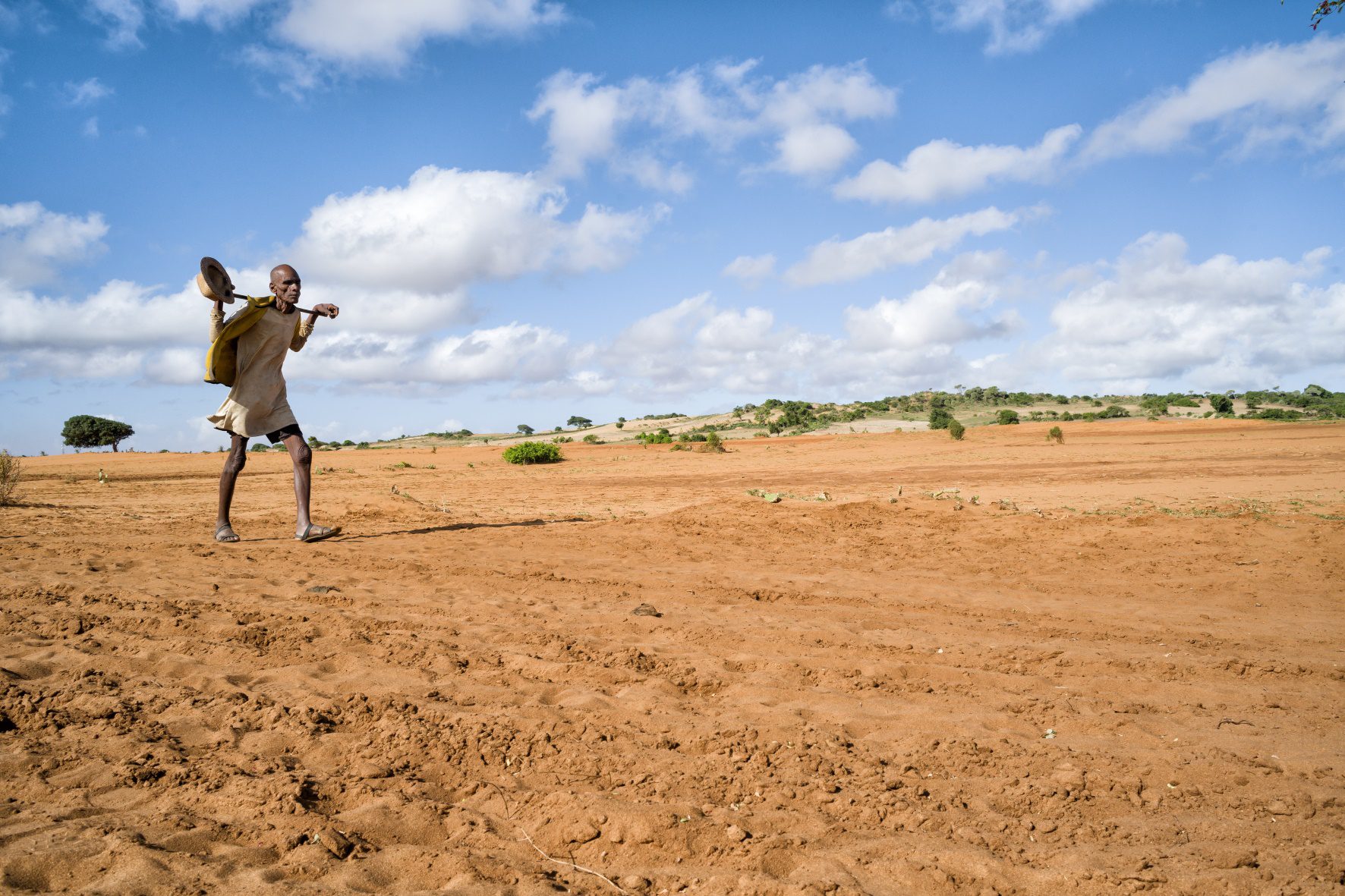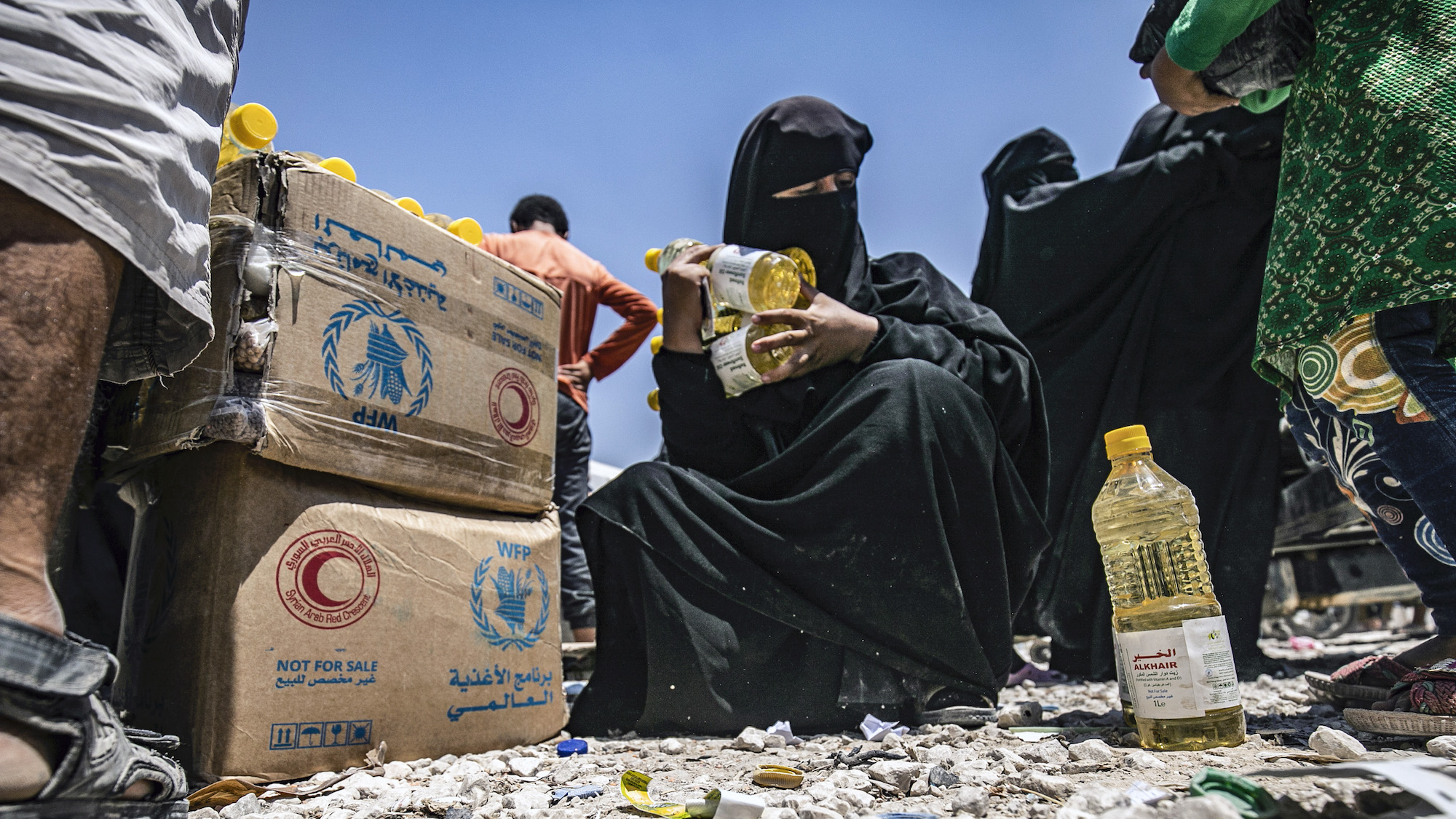The Syrian civil war, which has been raging since 2011, has caused one of the most devastating humanitarian crises in modern history. Millions of people have been displaced from their homes, and hundreds of thousands have been killed. The conflict has also caused widespread destruction of infrastructure, including hospitals, schools, and homes.
We’ve done an analysis of "Syrian Humanitarian Crisis: Urgent Aid Needed Amidst Devastating Conflict". After digging the information, here we put together this "Syrian Humanitarian Crisis: Urgent Aid Needed Amidst Devastating Conflict" guide to help target audience make the right decision.
FAQ
This section presents answers to commonly asked questions about the Syrian Humanitarian Crisis, providing a deeper understanding of the situation. The questions cover various aspects of the crisis, from its severity and international response to the long-term outlook and ways to support those affected. Please note that the information provided here is intended to be general and informative, and it is recommended to consult reputable sources Syrian Humanitarian Crisis: Urgent Aid Needed Amidst Devastating Conflict for the most up-to-date and detailed information.
Question 1: What is the current state of the Syrian Humanitarian Crisis, and how has it evolved over time?
Answer: The Syrian Humanitarian Crisis, characterized by armed conflict, widespread displacement, and severe economic challenges, continues to be one of the most critical humanitarian emergencies globally. The conflict has caused immense suffering and loss, with millions of people displaced within Syria and neighboring countries. The humanitarian situation remains complex and fluid, with ongoing fighting, limited access to essential services, and severe shortages of food, water, and healthcare. Aid organizations and governments worldwide continue to provide assistance and seek ways to address the immediate and long-term needs of those affected by the crisis.

More than 500,000 people in Gaza face 'catastrophic hunger': UNRWA - Source www.goodmorningamerica.com
Question 2: What are the primary challenges faced by the humanitarian response to the crisis in Syria?
Answer: The humanitarian response to the Syrian crisis faces numerous challenges, including ongoing conflict, access restrictions, and funding constraints. Active hostilities in many parts of the country can make it dangerous for aid workers to deliver assistance, and bureaucratic hurdles often hinder cross-border deliveries. Furthermore, funding shortfalls limit the capacity of aid organizations to meet the urgent and ever-increasing needs of the affected population. These challenges underscore the complexity of providing effective humanitarian assistance in protracted conflict situations.
Question 3: How has the international community responded to the Syrian Humanitarian Crisis, and what are the key aspects of the international aid effort?
Answer: The international community has played a significant role in providing humanitarian assistance to Syria and neighboring countries hosting refugees. The United Nations and its humanitarian agencies coordinate the international response, working closely with NGOs and governments to deliver aid and protection to those in need. Key aspects of the international aid effort include the provision of food, water, shelter, healthcare, education, and protection services. Additionally, international organizations advocate for humanitarian access, political solutions, and respect for international law.
Question 4: What is the long-term outlook for the Syrian Humanitarian Crisis, and what are the potential consequences of prolonged conflict on the lives and livelihoods of the affected population?
Answer: The long-term outlook for the Syrian Humanitarian Crisis remains uncertain, as the resolution of the conflict does not seem imminent. Prolonged conflict has severe consequences for the affected population, including widespread displacement, shattered livelihoods, deteriorating health conditions, and limited access to essential services. Addressing the crisis requires concerted international efforts to end the conflict, support reconstruction, and facilitate the return of displaced populations while promoting their long-term recovery and resilience.
Question 5: What can individuals and organizations do to support those affected by the Syrian Humanitarian Crisis?
Answer: Individuals and organizations can contribute to the humanitarian response to the Syrian crisis in various ways. Direct financial donations to reputable aid organizations allow them to provide essential assistance to those in need, including food, medical care, shelter, and education. Additionally, raising awareness about the crisis and advocating for humanitarian access and political solutions can help keep the crisis on the international agenda and maintain pressure for diplomatic efforts. Furthermore, promoting respect for human rights and international humanitarian law is crucial in protecting civilians and ensuring the delivery of aid.
Question 6: Where can one find up-to-date information and resources on the Syrian Humanitarian Crisis?
Answer: The United Nations and its humanitarian agencies, such as the UN Refugee Agency (UNHCR) and the World Food Programme (WFP), provide comprehensive and up-to-date information on the Syrian Humanitarian Crisis, including situation reports, statistics, and appeals for assistance. Additionally, reputable NGOs, news organizations, and research institutions offer valuable insights and updates on the crisis. By accessing these resources, individuals and organizations can stay informed and engage with the humanitarian response efforts.
Understanding the complexities of the Syrian Humanitarian Crisis is crucial for forging a path toward recovery and peace. The humanitarian response involves multiple challenges, and it requires sustained international cooperation, funding support, and diplomatic efforts to alleviate the suffering of the affected population.
To delve deeper into the Syrian conflict and its impact, please explore the related resources on this website. Together, let us continue to raise awareness, advocate for solutions, and support those who have been affected by this devastating crisis.
Tips for Addressing the Syrian Humanitarian Crisis
The ongoing conflict in Syria has created a devastating humanitarian crisis, leaving millions of people in dire need of assistance. Here are some tips on how individuals and organizations can contribute to the urgent humanitarian response:

Madagascar: Urgent humanitarian intervention needed as millions face - Source www.amnesty.org
Tip 1: Donate to Reputable Aid Organizations
Supporting established humanitarian organizations with a proven track record ensures that donations reach those in need. Verified aid organizations effectively distribute essential supplies, medical care, and other support services to affected communities.
Tip 2: Donate In-Kind Goods
Non-perishable food items, hygiene products, medical supplies, and blankets are crucial for the survival of displaced families. Donating these essential goods directly to local aid organizations or through established charities ensures their timely distribution.
Tip 3: Volunteer Your Time
Aid organizations rely on dedicated volunteers to provide assistance on the ground. Volunteering your time, skills, and compassion can make a significant impact on victims of the conflict, offering hope and practical support.
Tip 4: Raise Awareness
Spreading information about the humanitarian crisis in Syria through social media, community events, or conversations with friends and family raises awareness and encourages others to contribute. Informed citizens can advocate for increased humanitarian support from their governments and organizations.
Tip 5: Support Advocacy Efforts
Humanitarian organizations play a vital role in advocating for the protection and rights of civilians in conflict. By supporting advocacy campaigns and petitions, individuals can contribute to efforts to end the violence and promote peace.
Tip 6: Pressure Governments for Action
Governments have a responsibility to provide humanitarian assistance to victims of conflict. Contacting elected officials, writing letters, and participating in peaceful protests can increase pressure on governments to allocate resources and support diplomatic efforts for a resolution.
Tip 7: Promote Integration and Support for Refugees
Many Syrians seek refuge in neighboring countries or distant lands. Supporting programs that assist refugees with housing, education, healthcare, and job opportunities promotes their integration into new communities and provides them with a chance to rebuild their lives.
Summary
The Syrian humanitarian crisis demands urgent action from all corners of the globe. By embracing these tips, individuals and organizations can collectively contribute to the relief efforts, providing essential support to those whose lives have been shattered by conflict.
Syrian Humanitarian Crisis: Urgent Aid Needed Amidst Devastating Conflict
The devastating conflict in Syria has created an unprecedented humanitarian crisis, threatening the lives and livelihoods of millions of people. Urgent aid is needed to address the key aspects of the crisis, including displacement, lack of basic necessities, healthcare challenges, protection concerns, economic instability, and the need for political solutions.
- Mass Displacement: Millions of Syrians have been displaced within the country and across borders, seeking refuge from violence.
- Lack of Necessities: Basic necessities such as food, water, shelter, and clothing are in dire shortage.
- Healthcare Challenges: The healthcare system has collapsed, leaving millions without access to medical care.
- Protection Concerns: Violence, human rights abuses, and gender-based violence are rampant.
- Economic Instability: The conflict has caused severe economic damage, affecting livelihoods and creating poverty.
- Need for Political Solutions: A lasting solution to the crisis requires political dialogue and reconciliation.
The consequences of these key aspects are severe and far-reaching. Displacement has led to overcrowded camps and strained resources. Lack of necessities has resulted in malnutrition and health problems. Healthcare challenges have contributed to increased mortality rates. Protection concerns have exposed the vulnerable to exploitation and abuse. Economic instability has deepened poverty and hindered recovery efforts. Without urgent aid and political solutions, the humanitarian crisis in Syria will continue to worsen, with dire consequences for its people.

U.N.: Syrian Refugee Crisis Is 'Biggest Humanitarian Emergency Of Our - Source www.northcountrypublicradio.org

Hunger and War - Source www.nationalgeographic.org
Syrian Humanitarian Crisis: Urgent Aid Needed Amidst Devastating Conflict
The Syrian Humanitarian Crisis is a consequence of the ongoing civil war in the country, which has resulted in a devastating humanitarian situation. The conflict has caused the displacement of millions of people, the destruction of infrastructure, and a severe shortage of food, water, and medical supplies. As a result, millions of Syrians are in urgent need of humanitarian aid.

UAE BARQ on Twitter: "#MohammedbinRashid directs the dispatch of AED50 - Source twitter.com
The crisis has had a profound impact on the lives of Syrians. The conflict has caused the displacement of over 11 million people, including 5.6 million children. These displaced people are often forced to live in overcrowded and unsanitary conditions, and they are at risk of disease, malnutrition, and violence.
The conflict has also destroyed much of Syria's infrastructure. Hospitals, schools, and homes have been destroyed, and access to clean water and electricity is limited. This has made it difficult for Syrians to meet their basic needs.
The crisis has also caused a severe shortage of food, water, and medical supplies. This is due to the conflict's disruption of supply chains, as well as the destruction of crops and livestock. As a result, millions of Syrians are at risk of starvation and malnutrition.
The Syrian Humanitarian Crisis is a complex and challenging issue. However, it is clear that urgent aid is needed to address the suffering of the Syrian people. The international community must work together to provide this aid and to help resolve the conflict that has caused this crisis.
Conclusion
The Syrian Humanitarian Crisis is one of the most pressing humanitarian crises in the world today. The conflict has caused immense suffering and displacement, and it has created a severe shortage of food, water, and medical supplies. The international community must act now to provide urgent aid to the Syrian people and to help resolve the conflict that has caused this crisis.
The long-term consequences of the Syrian Humanitarian Crisis are likely to be devastating. The conflict has already caused the displacement of millions of people, and it has destroyed much of the country's infrastructure. This will make it difficult for Syria to recover from the conflict and to rebuild its economy.
The Syrian Humanitarian Crisis is a tragedy that is unfolding before our eyes. We must all do our part to help the Syrian people, and we must hold those responsible for this crisis accountable.
